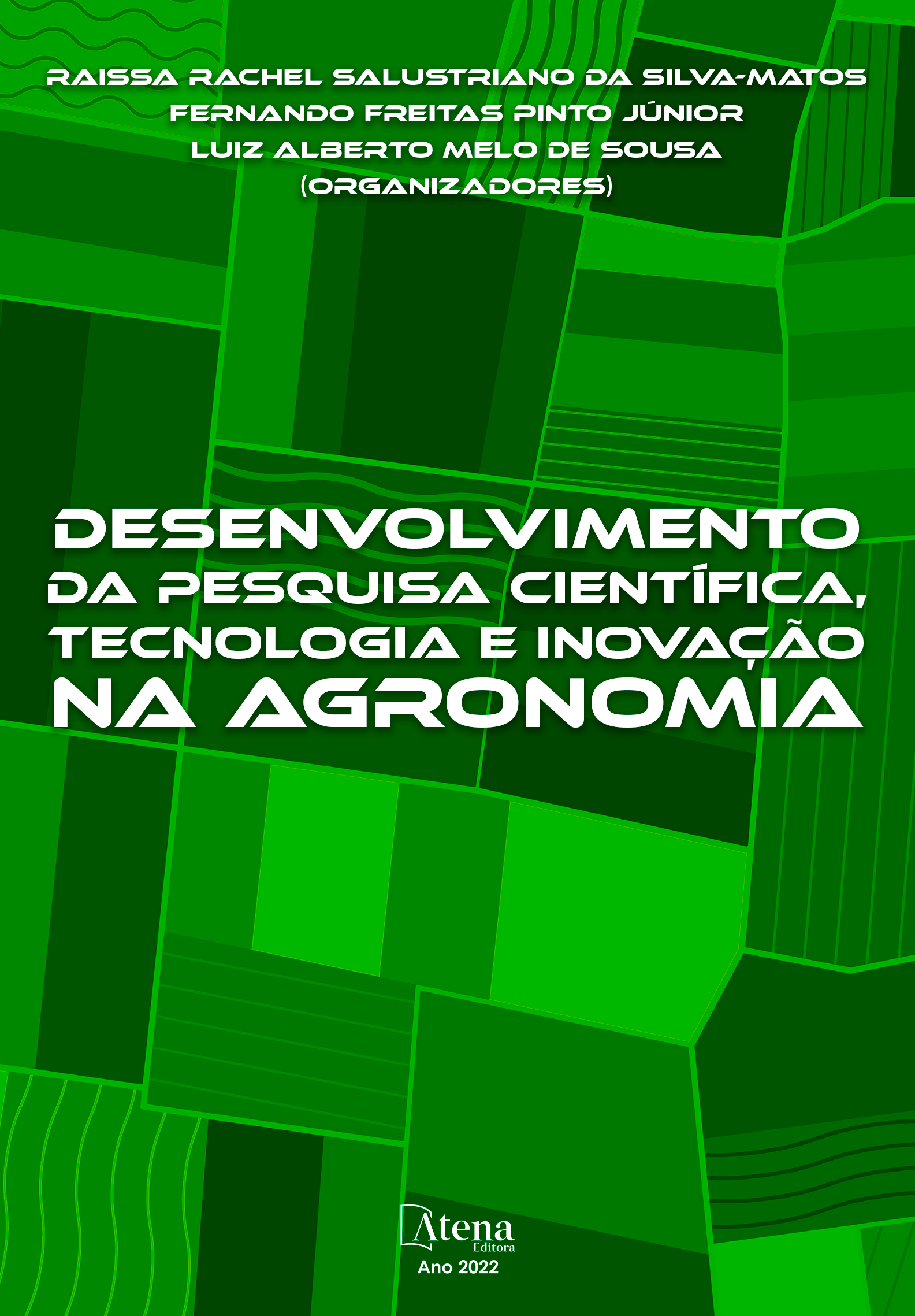
HISTÓRIA DA AGRONOMIA COMO PROJETO EDUCACIONAL NO MÉXICO
La agronomía como profesión y como campo de conocimiento, nació a finales del siglo XIX en Europa y Estados Unidos, inspirada en los logros de las primeras disciplinas científicas a ser aplicadas en la Agricultura, específicamente e n las ciencias naturales y exactas, cuyos avances en el conocimiento de las plantas, los animales, el suelo, el agua y la maquinaria, prometían mejorar la producción (Arce, 1982). Durante el periodo del siglo XIX, en México en cuanto al tema de educación, los conservadores pugnaban sostener los principios generales de la Instrucción colonial y los liberales que procuraban el laicismo como medio para acabar con el fanatismo y los errores científicos (Robles, 1977). Dentro de esa inestabilidad y la lucha existente en el período independiente, a la agricultura y a la tenencia o posesión de la tierra, se le dio gran importancia para impulsar el desarrollo del país. Se hablaba de aumentar la producción agrícola y el desenvolvimiento de la vida cultural, social y económica de la población rural. Ante tal situación, se comenzó a destacar la necesidad de la educación agrícola. Así en 1983, el Gobierno decreto que dentro de la instrucción pública se incluyan las siguientes cátedras: una Botánica, una Agricultura Práctica y una Química Aplicada y una Química Aplicada a las Artes (industrial). A partir de entonces la Agronomía surgió de un proyecto educativo, se legitimó profesionalmente dentro de un proyecto político nacionalista después de la Revolución, se consolidó durante la revolución verde y entro en crisis como parte del aparato burocrático del estado a inicios de la década de los 80’s. A inicios de la década de los 90’s hubo cambios importantes de carácter normativo e institucional, afectaron los espacios profesionales de los agrónomos, tanto los tradicionales como los emergentes. Estos cambios han puesto de evidencia los conflictos entre el sector agropecuario y las instituciones de Educación Agrícola Superior por cumplir con las exigencias de un profesionista que dé respuesta a los problemas del sector.
HISTÓRIA DA AGRONOMIA COMO PROJETO EDUCACIONAL NO MÉXICO
-
DOI: 10.22533/at.ed.4552228037
-
Palavras-chave: Historia, Agronomía. Proyecto, México
-
Keywords: History, Agronomy. Project, Mexico
-
Abstract:
Agronomy as a profession and as a field of knowledge was born at the end of the 19th century in Europe and the United States, inspired by the achievements of the first scientific disciplines to be applied in Agriculture, specifically in the natural and exact sciences, whose advances in the Knowledge of plants, animals, soil, water, and machinery promised to improve production (Arce, 1982). During the period of the nineteenth century, in Mexico, regarding the issue of education, the conservatives struggled to uphold the general principles of the colonial Instruction and the liberals who sought secularism as a means to end fanaticism and scientific errors (Robles, 1977). Within this instability and the struggle that existed in the independent period, agriculture and the tenure or possession of land were given great importance to promote the development of the country. There was talk of increasing agricultural production and the development of the cultural, social and economic life of the rural population. Given this situation, the need for agricultural education began to be highlighted. Thus, in 1983, the Government decreed that the following chairs be included in public education: Botany, Practical Agriculture, Applied Chemistry, and Chemistry Applied to the Arts (industrial). From then on, Agronomy emerged from an educational project, was professionally legitimized within a nationalist political project after the Revolution, was consolidated during the green revolution and entered into crisis as part of the state bureaucratic apparatus at the beginning of the 1990s. 80's. At the beginning of the 90's there were important regulatory and institutional changes that affected the professional spaces of agronomists, both traditional and emerging. These changes have highlighted the conflicts between the agricultural sector and Higher Agricultural Education institutions to meet the demands of a professional who responds to the problems of the sector.
-
Número de páginas: 17
- Carmen Aurora Niembro Gaona
- Alfredo Medina García
- Sergio Hilario Diaz
- José Luis Gutiérrez Liñán


